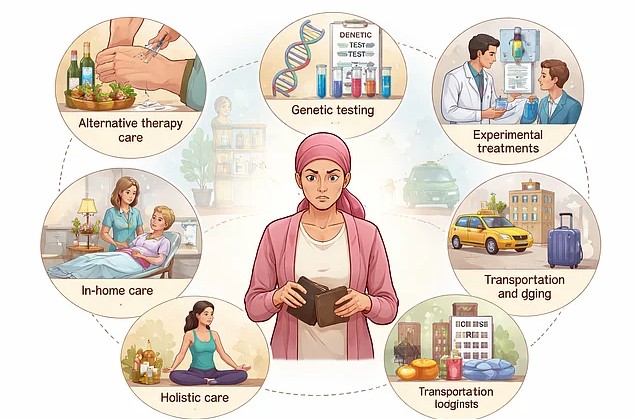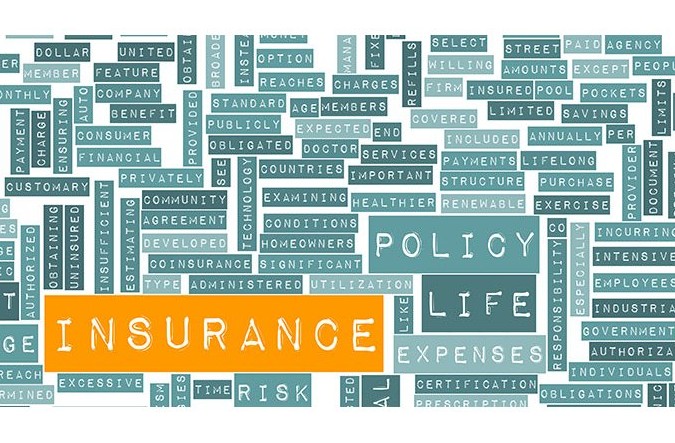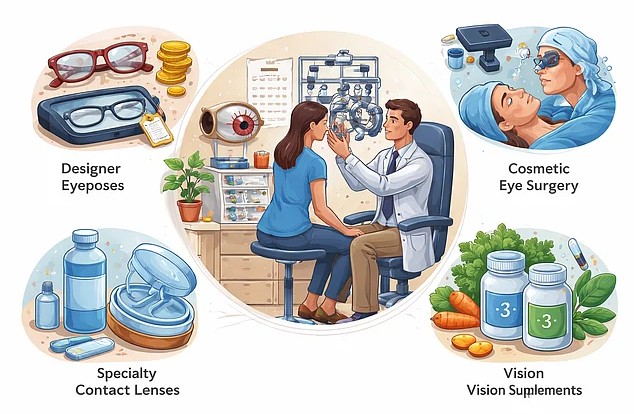Earlier, self-employed individuals faced unique challenges in securing term insurance, primarily due to the absence of conventional income documentation. Unlike salaried individuals who can present salary slips or Form 16, self-employed people used to rely on alternative proofs like GST filings, bank statements, or credit histories. However, that’s changed now.
“The requirement for traditional income documentation, such as Income Tax Returns (ITRs) or salary proofs, has been removed. This shift has expanded access to specialized term insurance plans, making them more inclusive and accessible for self-employed individuals,” says Rhishabh Garg, Head of Term Insurance, Policybazaar.com.
Having said that, self-employed individuals may still often face challenges while securing a term insurance policy and one of the primary reasons include issues related to income verification. “Unlike any salaried individuals, they lack some of the standardized proof of income such as salary pay slips or Form 16. It is usually tedious for a self-employed individual to compile several years of Income Tax Returns (ITRs), profit-and-loss statements, or bank records which the insurers usually demand for the policy opting process,” says Rakesh Goyal, director, Probus.
Furthermore, self-employed usually undergo income fluctuations which could be another reason for insurers to view them as high-risk applicants, resulting in either higher premiums or policy rejection. Many self-employed people are also unaware of the specific documentation and eligibility criteria which further complicates the policy application process.







